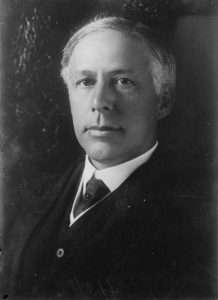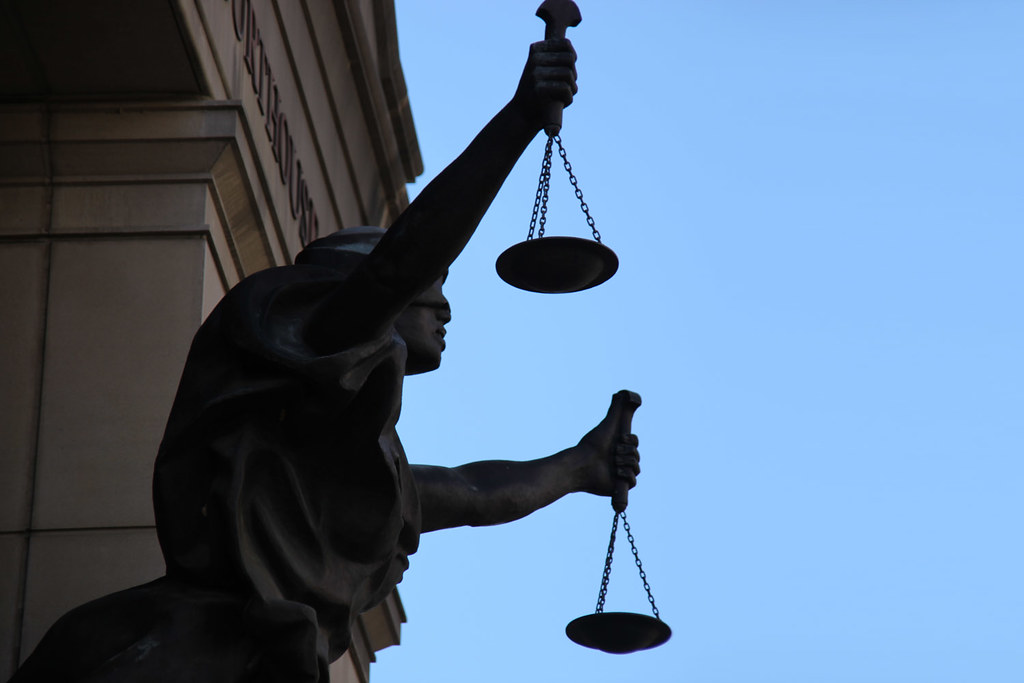News Feed
Make no mistake, we here at Stay in Honor do not condone any law above the Law of the Most High, the “i am”, the “God” of Abraham. The law we promote on this site is sometimes known as natural law or universal law; the news items from feeds below are nevertheless oftentimes interesting, and sometimes there are “reflections” of natural / universal law within the world of man's law, aka the “legal society”. We can learn from anything we decide to learn from, so, enjoy!
Comments on: Newsfeed Independent News and Analysis on the U.S. Supreme Court
Constitutional Law – JONATHAN TURLEY Res ipsa loquitur – The thing itself speaks
-
Rage and the Republic Becomes an Amazon Bestseller on First Day
by jonathanturley on February 3, 2026 at 12:30 pm
Today, my book, Rage and the Republic: The Unfinished Story of the American Revolution, has finally hit the shelves. I…
-
Trump Administration Wins Appeal of ICE Injunction in Minnesota
by jonathanturley on January 27, 2026 at 11:25 am
In a significant victory for the Trump Administration, a panel of the United States Court of Appeals for the Eighth…
-
Maryland Jury Rules Walmart Liable for Selling Shotgun Used in Employee Suicide
by jonathanturley on January 24, 2026 at 12:08 pm
There is a notable torts verdict in Maryland where a jury handed down a multi-million dollar verdict against Walmart for…
-
The Reviews Are In: “Rage and the Republic is Jonathan Turley’s Birthday Gift to America to Mark its 250 Years of Independence”
by jonathanturley on January 18, 2026 at 11:44 am
The early reviews of Rage and the Republic are in! In a few days, books (including an audiobook) will be…
The Volokh Conspiracy Archive The leading libertarian magazine and covering news, politics, culture, and more with reporting and analysis.
-
Today in Supreme Court History: February 8, 1941
by Josh Blackman on February 8, 2026 at 12:00 pm
2/8/1941: Justice Willis Van Devanter dies. The post Today in Supreme Court History: February 8, 1941 appeared first on Reason.com.
-
Open Thread
by Eugene Volokh on February 8, 2026 at 8:00 am
What’s on your mind?
-
“Any Business in America Would Rather Not Have Their Internal Documents out in the Public”
by Eugene Volokh on February 7, 2026 at 4:41 pm
“But that does not mean that litigants have a right to hide them from the public once they are implicated in court proceedings.”
-
Today in Supreme Court History: February 7, 1870
by Josh Blackman on February 7, 2026 at 12:00 pm
2/7/1870: Hepburn v. Griswold decided. The post Today in Supreme Court History: February 7, 1870 appeared first on Reason.com.
JURIST – News Serious law. Primary sources. Global perspective
-
Arizona state judge strikes down state abortion restrictions
by Brendan Hickey | Vermont Law & Graduate School, US on February 8, 2026 at 6:46 am
A judge in Maricopa County Superior Court ordered Friday that the state must stop enforcing laws that predate Arizona’s Right to Abortion constitutional amendment. Judge Greg Como enjoined the state from enforcing laws that barred abortion if sought for a non-fatal genetic abnormality and that barred the prescription of abortion pills by telehealth. He also The post Arizona state judge strikes down state abortion restrictions appeared first on JURIST – News.
-
UN experts call for stronger torture prevention measures in Mexico
by Bhavya Salotra | National Law U. Delhi, IN on February 8, 2026 at 6:35 am
UN torture prevention experts on Friday urged a significant strengthening of preventive measures in Mexico, recognizing progress, but expressing particular concern over unregulated drug rehabilitation centers. The assessment was delivered by the UN Subcommittee on Prevention of Torture (SPT) following a week-long visit to the country, its first in a decade. The experts acknowledged Mexico’s The post UN experts call for stronger torture prevention measures in Mexico appeared first on JURIST – News.
-
Nigeria court orders UK to pay reparations for deaths of 21 coal miners
by Samad Mirza | Newcastle Law School, GB on February 8, 2026 at 6:19 am
The Nigerian Enugu High Court ruled Thursday that the former British colonial administration was liable for a 1949 mining incident that caused 21 deaths. Justice Anthony Onovo awarded each victim’s family £20 million in compensation, which he stated would be an “effective remedy and compensation for the violations of the right to life.” In his The post Nigeria court orders UK to pay reparations for deaths of 21 coal miners appeared first on JURIST – News.
-
UN human rights office launches $400M funding appeal
by Adamo Marinelli | U. Ottawa Faculty of Law, CA on February 8, 2026 at 5:56 am
UN High Commissioner for Human Rights Volker Türk launched an appeal Thursday to raise $400 million in 2026 to fund the UN’s objective of addressing global human rights needs and resolving violations and inequities. Turk explained the consequences of the lack of funding in 2025, which negatively impacted the UN Human Rights Office’s ability to The post UN human rights office launches $400M funding appeal appeared first on JURIST – News.







